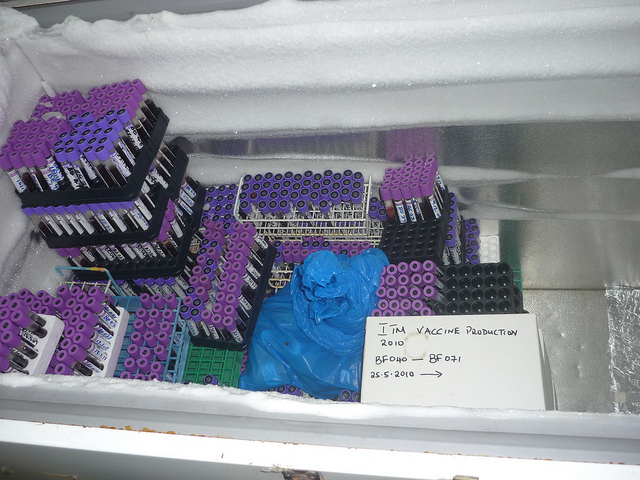The University of the Western Cape, Cape Town, South Africa hosted the first meeting of the newly launched project “B3AFrica – Bridging Biobanking and Biomedical Research across Europe and Africa” on August 24-25, 2015. SLU is one of eleven partners in the infrastructure.
The rapidly evolving African biobanks are invaluable fro biomedical research because the African population has the greatest genomic diversity on the planet and represents an incredible resource of information to advance fundamental understanding of health and disease. “We have no time to lose”, says Alan Christoffels from the University of the Western Cape and the South African National Bioinformatics Institute. “Connecting bio-resources from Africa and Europe and providing adequate technology will revolutionise how we perform research. The easy-to-use technical slutions will allow the participation of research from different regions regardless the level of development and networking capabilities. It will make possible to include many research institutions as equal partners in the global effort to improve health and well being”.
Eleven partners from African and European countries will jointly develop a collaboration framework and an informatics infrastructure that will accelerate and facilitate biomedical research across the continents to address global health challenges together. Via the Horizon 2020 work programme the European Commission provides a budget of circa 2 Million Euro over the period of three years for the B3Africa initiative that involves a highly motivated group that is ready to get to work.
Biological specimens have been collected for decades, but only since the late 1990s have biobanks been established in a more systematic way. Biobanks collect and store a variety of (mostly human) samples from tissue, cells, blood, saliva, plasma, or DNA. These samples are essential in biomedical research to understand disease mechanisms and develop new therapies. “Access to high quality biological samples is the number one requirement to advance biomedical research. The technology exists”, explains Jan-Eric Litton, one of the initiators of the European Biobanking infrastructure BBMRI-ERIC, “but policymakers will have to learn to view biological samples as key raw material for 21st century medical science.”
B3Africa has two strategic aims
- Create an harmonized ethical and legal framework between European and African partner institutions: A common ethical and legal framework is essential for a trustable informatics platform that will allow sharing bio-resources and data and also consolidates the Africa-EU biobank cooperation.
- Provide an “out-of-the-box” informatics solution that facilitates data management, processing and sharing and can also be used under challenging networking conditions in Africa and Europe.
Partners in B3Africa
The Swedish University of Agricultural Sciences (SLU), Biobanking and Biomolecular Resources Research Infrastructure Consortium (BBMRI-ERIC), Karolinska Institutet (KI), Centre for Research Ethics & Bioethics (CRB) at Uppsala University, University of the Western Cape (UWC), Makerere University (MAK), Stellenbosch University (SU), International Agency for Research on Cancer (IARC), International Live Stock Research Institute (ILRI), Medizinische Universitat Graz (MUG), Institute of Human Virology Nigeria (IHVN).
Contact: Dr. Erik Bongcam-Rudloff, SLU erik.bongcam@slu.se
